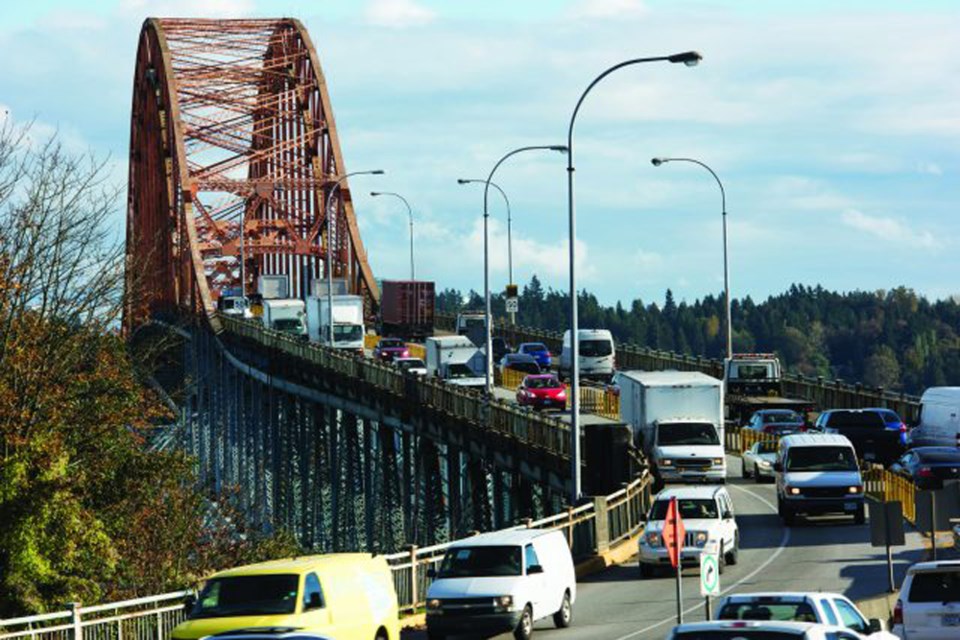The Editor:
Re: New West approves bus speed and reliability plan — but some say it's moving too fast (July 12, 2024)
Do you use public transit but hate waiting for the bus, not knowing if it’ll show up on time or whether it will be full?
These scenarios aren’t unique to New Westminster, but it’s quite unique that our city is embracing a plan to address “hot spots” like the Queensborough Bridge, the Hwy 91A interchange, 6th Street, 8th Street, and downtown. These areas of high delay contribute to bus delay and unreliability, both of which can result in overcrowding and deter public transit use.
New Westminster is committing to supporting transit users because it’s transit use that makes this region thrive.
Imagine if the one million different people using transit each week in Metro Vancouver, and roughly 728,000 bus boardings on an average day in May 2024, chose to drive instead.
If you think traffic in New Westminster is bad now, picture 6th Street if its 9,000 daily transit users weren’t efficiently on a bus. Picture the already-congested Queensborough Bridge if the 20,500 daily transit users were in cars instead.
The region is growing yet our road space is not, and nor should it.
The only way to make better use of existing roads is to let people move in a more efficient way than a very space-inefficient private vehicle. Having some road space dedicated to letting buses move fast and stay on schedule will encourage public transit use and free up road space for those that do need to drive.
Further, for the one-third of our population that is unable to drive, whether being too young, too old, or physically incapable, providing alternative means of reliable and safe transportation is the right thing to do.
Oh right, and public transit use is great for the climate; it’s cost effective compared to owning a car; it makes streets safer, quieter, and more welcoming by removing vehicles from the road; it opens up opportunities by providing more access to education and employment; and, it’s a fiscally responsible problem to tackle.
TransLink loses $80 million/year because of traffic delays — that is, TransLink spends $80 million/year of taxpayer money to combat road congestion; money that could be spent providing new bus routes, or making your own bus run more frequently.
All of these reasons are why it’s fantastic that New West is choosing to support the vital transit network and its many users by remedying hot spots that slow down packed buses and make them unreliable.
These reasons are why the city should be trying to accomplish this faster, and why every municipality across the Lower Mainland (and the Ministry of Transportation) should do the same.
- Michael Hall, New Westminster
Volunteer, Movement: Metro Vancouver Transit Riders



